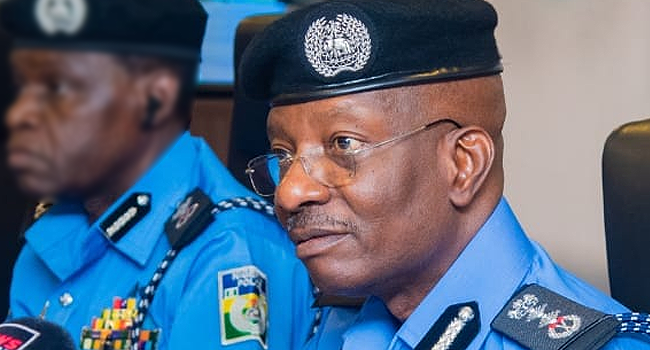“These programmes are mandatory for all officers from the recruit constables to the superintendent starting January 2025,” Egbetokun said in Abuja.
He spoke at the National Summit on Police Accountability, with the theme: “The external, internal, and stakeholder’s accountability strategies and mechanism of the Nigeria Police Force/Services”.
The News Agency of Nigeria (NAN) reports that the summit was organised by the Police in partnership with Cleen Foundation and supported by the United Nations Office on Drugs and Crime (UNODC).
Egbetokun said that the training courses were to enhance effective policing and accountability.
“The Nigeria police force is committed to enhancing the training and retraining of its officers,” he said.
The police chief said the force had also partnered the society for peace study and practice to train its officers on alternative dispute resolution, peace building and conflict resolution mechanism.
He said that officers were required to attend refresher courses and other training programmes sponsored by zonal and international partners.
Acting Executive Director of Cleen Foundation, Mr Peter Maduoma, said that effective policing required more than just enforcing the law but also adherence to the highest standards of integrity, transparency, and respect for human rights by police officers.
The guest speaker at the summit, Dr Etannibi Alemika, said it was crucial to have an independent police force in order to enhance accountability and effective policing. (NAN)











